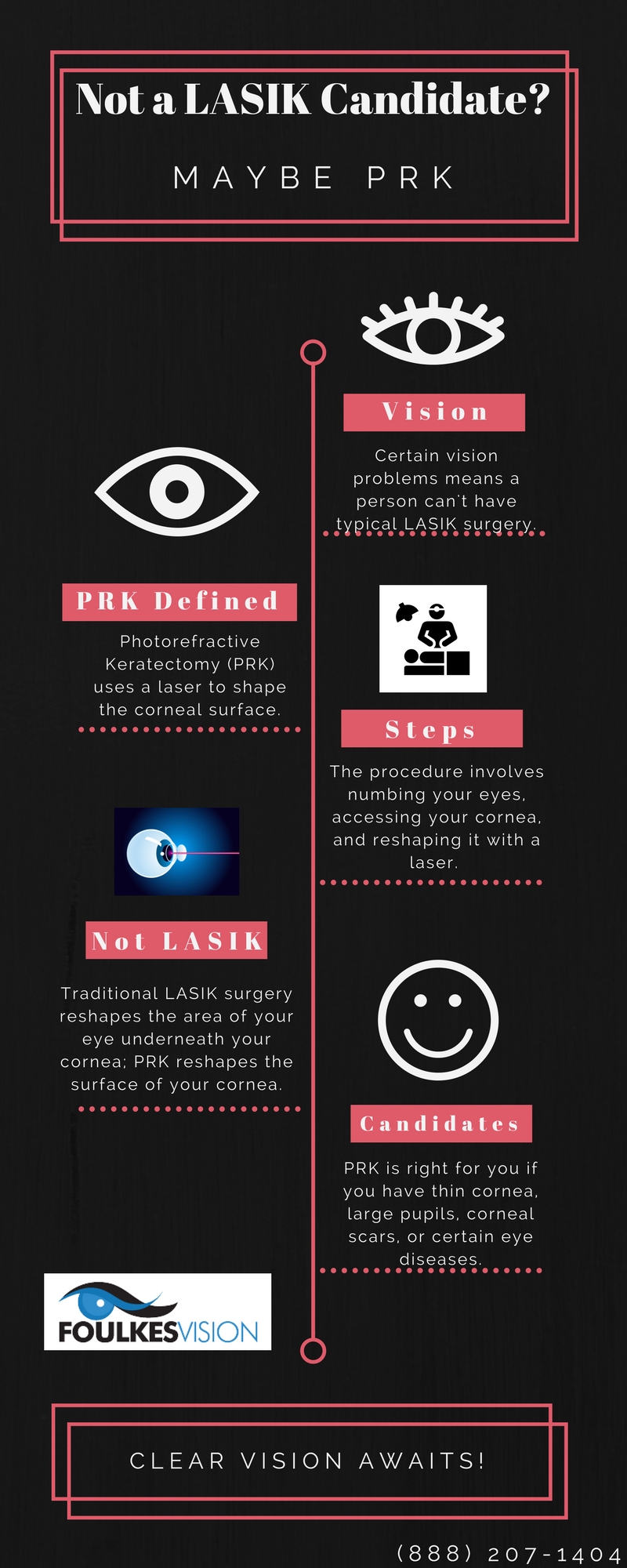The Full FAQ On Refractive Lens Exchange: All The Information You Need
The Full FAQ On Refractive Lens Exchange: All The Information You Need
Blog Article
Post By-Nissen Goldstein
If you're taking into consideration refractive lens exchange, you most likely have a lot of inquiries. This treatment could change just how you see the world, offering advantages like decreased dependancy on glasses. Nevertheless, it's necessary to comprehend the procedure, dangers, and that certifies as a good prospect. Allow's explore these critical elements so you can make an informed decision regarding whether RLE is right for you.
What Is Refractive Lens Exchange and Exactly How Does It Function?
Refractive lens exchange (RLE) is an operation made to change your eye's all-natural lens with a fabricated one, fixing vision concerns like nearsightedness, farsightedness, or presbyopia.
During the procedure, your doctor makes a tiny incision in the eye, removes your natural lens, and inserts an intraocular lens (IOL) customized to your vision requires. This outpatient surgery usually takes about 15 to 30 minutes per eye and is done under regional anesthesia.
You'll likely see enhancements in your vision virtually immediately, though full recovery may take a couple of weeks. RLE is specifically advantageous for those over 40 or with high prescriptions, offering a lasting solution contrasted to glasses or get in touch with lenses.
Your eye care expert can aid figure out if RLE is right for you.
What Are the Perks and Risks of Refractive Lens Exchange?
Picking refractive lens exchange can bring about significant enhancements in your vision, but it is necessary to weigh both the benefits and threats before choosing.
On the bonus side, this treatment can improve your eyesight by dealing with problems like presbyopia, myopia, and hyperopia. Lots of patients take pleasure in lowered reliance on glasses or call lenses, which can substantially enhance their lifestyle.
Nonetheless, it's critical to think about potential risks. Issues can consist of infection, glow, or halos around lights.
There's also https://www.medicalnewstoday.com/articles/myopia of overcorrection or undercorrection, which might require extra treatments.
That Is an Ideal Prospect for Refractive Lens Exchange?
If you're thinking about refractive lens exchange, it is very important to know whether you fit the profile of an ideal candidate. Typically, Average Cost Of LASIK Without Insurance may be a good candidate if you more than 40, experience presbyopia, or have high degrees of nearsightedness or farsightedness.
It's likewise important that your vision is steady, suggesting your prescription hasn't changed substantially in the past year. If you have cataracts or other eye problems, you could gain from this treatment also.
Nevertheless, certain variables, like unchecked diabetic issues or autoimmune diseases, could invalidate you. To identify your candidateship, consult with an eye care professional who can examine your details situation and advise the very best strategy customized to your requirements.
Conclusion
Finally, refractive lens exchange can be a transformative alternative for improving your vision, particularly if you more than 40 or have a high prescription. While the advantages are considerable, it's crucial to evaluate the dangers and talk to your eye care expert to determine if you're an optimal candidate. With the ideal information and guidance, you can make an informed decision and perhaps appreciate a life with lowered dependence on glasses.
